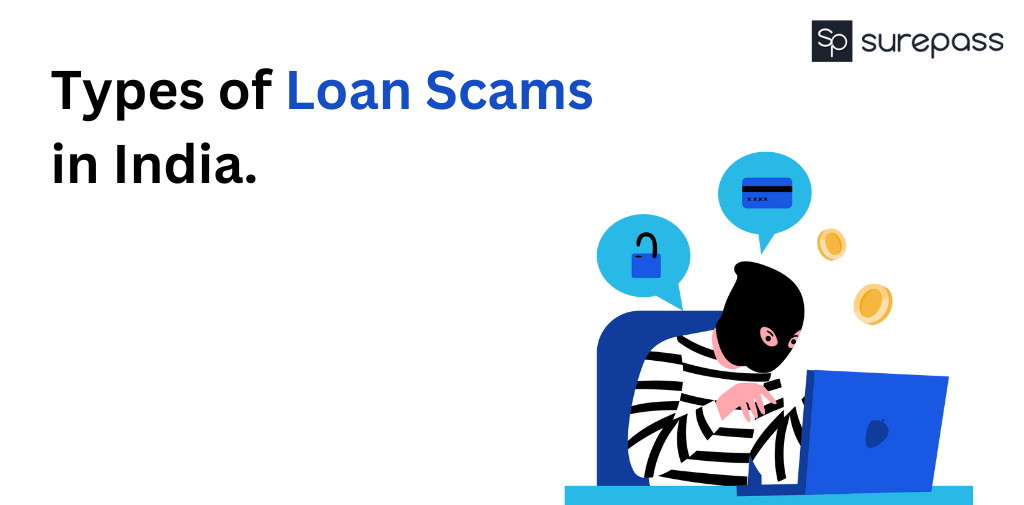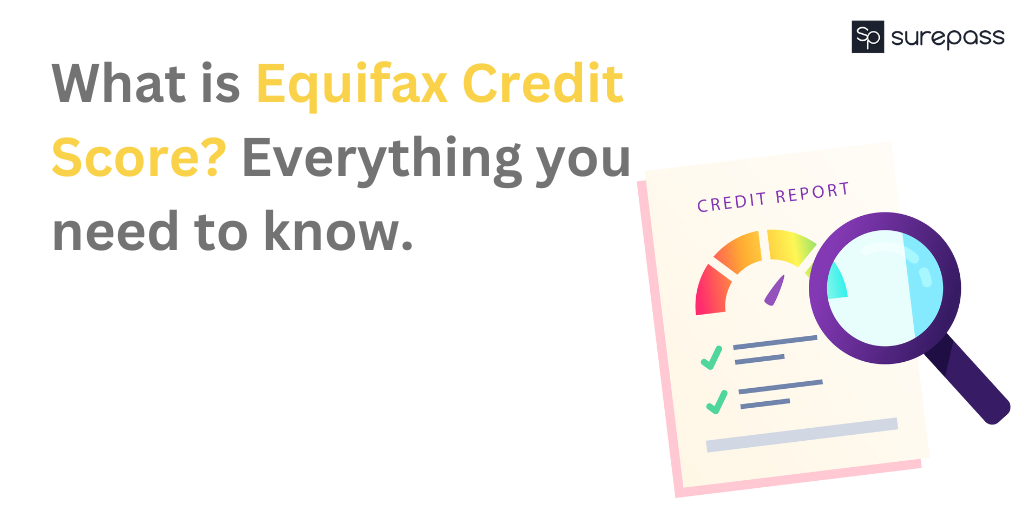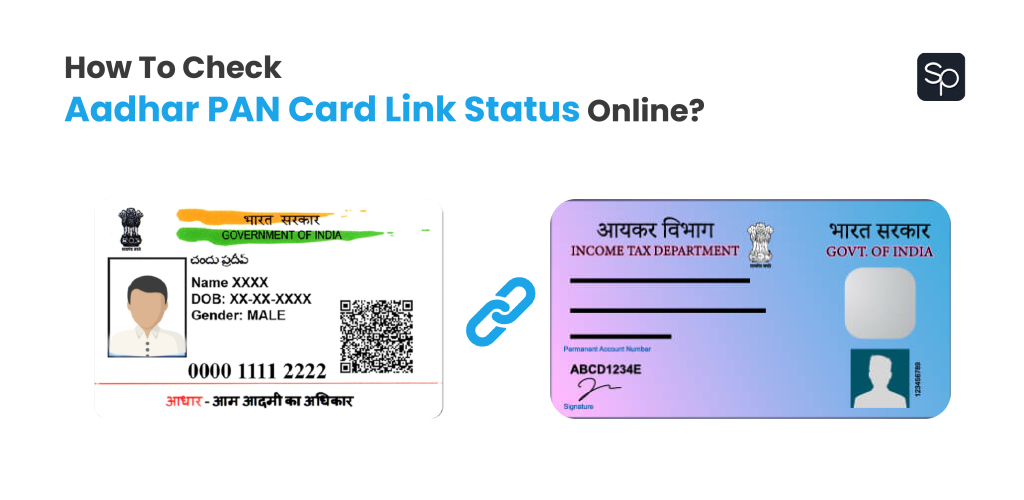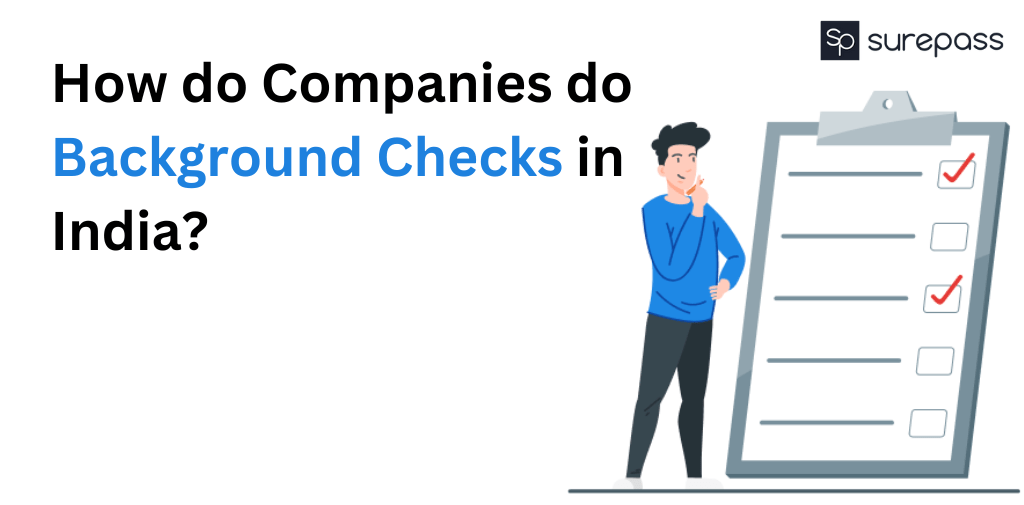Online Loan Scams
The online alternative financing sector has expanded quickly in recent years, making it easier than ever to get business loans. Unfortunately, this has resulted in an upsurge in small business loan Scams, leaving firms more vulnerable to the epidemic.
Scammers and hackers that operate business loan schemes capitalize on company owners’ demand for rapid, inexpensive borrowing. These scam artists aim to steal money, personal information, and company information by imitating legitimate firms, bankers, and other trusted individuals, such as small business loan brokers.
Loan Scams In India
Over the years, scammers have used a variety of schemes and tactics to defraud individuals. Because the owners of these companies and organisations may have difficulty obtaining a loan, they usually target tiny and micro firms. Alternatively, in certain cases, small company owners lack assistance and fall victim to fraud.
Most con artists will attempt to contact you online using email, websites, or search engine adverts. These are not the only alternatives, however. Scammers also commit direct mail, SMS, and phone fraud. When someone approaches you for more money, personal information, or sensitive corporate information, your best defence is to remain suspicious.
How to Detect Loan Frauds In India?
Due to some of these criminals moving from bank to bank, it is difficult for a financial institution to examine and identify who is responsible for these activities. There is no pattern inside one bank, as seen by the trail of firms leaving multiple banks and travelling to different states. The following warning flags may indicate a business loan scam:
-
Improper Contact
Credible small business lenders seldom employ cold calling to connect with new potential borrowers.
Consider it your first red flag if you receive a call from someone offering you a business loan unexpectedly and you have never sought contact through an online form or any other method.
-
Alternative advertising
Typically, professional business lenders will not place adverts in private Facebook conversations or elsewhere. If you come across strange adverts for business loans, it’s most likely because they are, and whoever is promoting them is doing something wrong. This is an effective technique for preventing business loan fraud.
-
Cash Demanded Upfront
Never offer someone money beforehand in order to get a business loan. There is never a valid reason why you should have to pay money to obtain funds for your business. If any lender, loan broker, investor, or platform wants an advance payment of any type from you, discontinue the conversation immediately and move on.
-
No physical address
Even online lenders that exclusively contact their customers online have registered physical addresses for their company headquarters that are easy to locate and research. In fact, sanctioned lending institutions are required by law to publish their physical addresses; thus, if you have any doubts about the legitimacy of a loan offer, requesting the company’s physical location is an excellent way to determine whether or not this is yet another business loan scam.
-
Regular Email Account
Licenced lenders and loan brokers do not utilize generic email addresses. Receiving contact about a business loan via a generic Gmail account is considered fraud.
A lender or loan broker’s legitimacy is not guaranteed just because they have a website or email address linked with their domain name. Anyone with little technological expertise may purchase a domain and create a website that resembles a legitimate corporation.
-
‘Guaranteed’ Acceptance
There is no such thing as “assured” acceptance for a business loan from respectable lenders prior to a credit check and financial review.
-
Pushy Sales Techniques
Are you chatting with a loan officer or broker that appears a little too eager to have you sign your small business loan agreement? If they use high-pressure tactics, this might be yet another business loan fraud.
-
Terms that seem too good to be true
Is this money opportunity just too good to be true? To put it another way. Is the interest rate much lower than what you’ve seen elsewhere, or are you being offered money upfront without providing any information about your business concept, financial background, or repayment strategy? This might be a fake organisation attempting to entice you.
Automate your KYC Process & reduce Fraud!
We have helped 200+ companies in reducing Fraud by 95%
Business Loan Scams
Scams involving business loans are more prevalent than ever among small businesses. Many businesses have taken advantage of the different funding options available on the Internet to get loans, but fraudsters have also seen this as a goldmine of opportunity. The following are some examples of internet business loan frauds.
-
Advance fee Scams
Scammers demand an upfront payment as an “application fee,” “processing charge,” or a similar amount in exchange for inexpensive debt relief. They take your money and go without helping you, as you could expect. To prevent falling prey to this sort of scam, Fraud.org, a part of the nonprofit National Consumers League, recommends that you do no
t pay beforehand, do not trust a lender who contacts you over the phone, and only do business with licensed firms.
-
Fraudulent peer-to-peer lending
Peer-to-peer (P2P) financing has proven beneficial for many enterprises, due to credible firms that link lenders and borrowers online rather than traditional financial institutions. Knowing this, scam artists can masquerade as potential lenders and give financing without doing a credit check. Avoid falling for that. The sting might come from unlawfully high interest rates or even blatant theft. Requests for advance payments, wire transfer requests, and/or assurances of rates before you undertake a credit check or submit an application are red signs for these scams. If you’re interested in this type of funding, do your homework ahead of time to ensure that the firm you deal with is reputable and has a solid track record.
Other Types of Business Scams
-
Fraudulent consultancy fees
A consultant fee scam occurs when someone contacts you via email or an online advertisement to “assist” you in obtaining a loan. The notion is that getting a loan is tough, therefore you should employ a consultant to help you negotiate a cheaper rate. Once more, you must pay a fee in order to obtain the promised advice; but, once paid, the “consultant” departs.
-
Fraudulent funding kits
Scams involving fundraising kits, like those involving consultancy fees, promise to help you through the financing process. These include a “kit” to help you secure finances, whether through loans or apparently impossible grants. Both of these scams may appear to be legitimately advantageous to those with little financial expertise, but their major objective is to cheat you of your money rather than severely impairing your capacity to obtain it.
-
Credit Repair Scams
Most people are aware that your credit history and current credit score have an impact on your ability to receive a loan, especially one with a favourable rate. Companies that have had their credit scores lowered as a result of the COVID-19 economic crisis may be looking for a way to improve them. It is unsurprising that scam artists take advantage of this and offer folks in need of loans a quick way to rebuild their credit history. Some claim that they may boost your score by 100 points in a week or less. Typically, such events do not occur. Working with your creditors is the most effective strategy to recover your credit.
-
Ghost Investor Scams
Ghost investor scams often involve communications informing victims that an unnamed investor is interested in investing a large quantity of money in their firm. Of course, they simply need the money to get things started. You would not expect a wealthy Nigerian prince to send you money as a customer. Avoid falling victim to the same scam that is being used against your firm. If something appears to be implausible, it probably is.
Conclusion
To avoid loan scams, be aware of any red flags before applying. Keeping your business secure and adopting preventative steps helps protect you from prospective fraudsters. Hopefully, this post has informed you about small company loan scams, direct business financing scams, and so forth.
Follow Surepass Technologies for the most recent updates, news blogs, and articles about micro, small, and medium-sized companies (MSME’s), business advice, income tax, GST, salaries, and accounting.







Sanidhya Arora
Sanidhya is a dynamic individual with a passion for Marketing/Branding. With 1.8 years of experience, He has demonstrated expertise in SEO and social media handling. He is known for dedication towards his work, and his dedication and commitment have led to successful outcomes. A lifelong learner, he continues to expand his knowledge and skills to stay at the forefront of Marketing industry. Sanidhya is driven by a strong desire to make a positive impact.
More posts by Sanidhya Arora